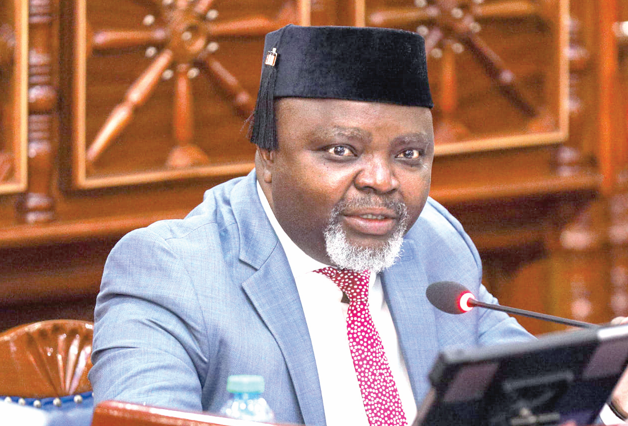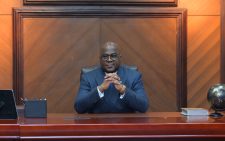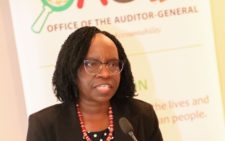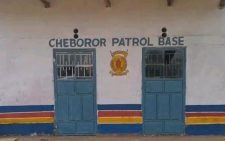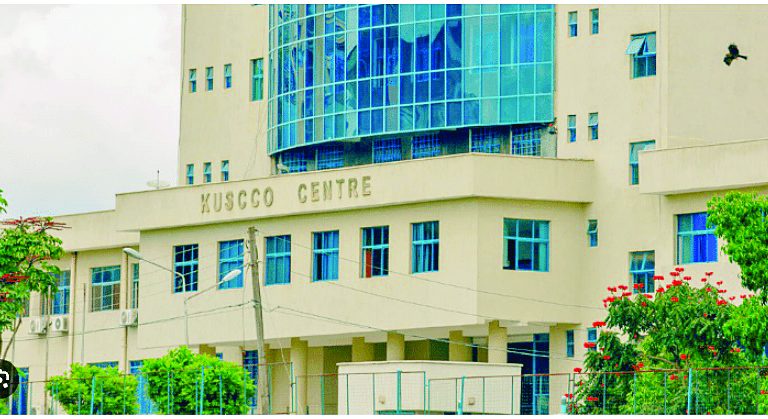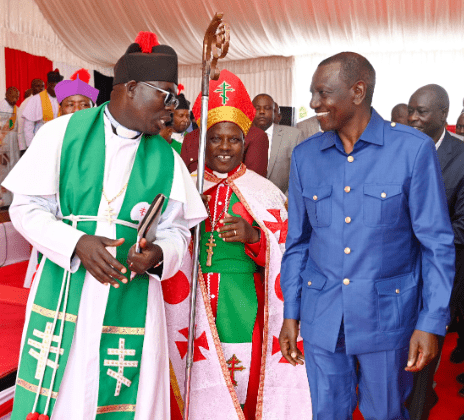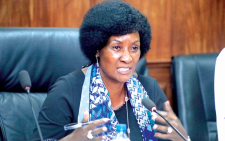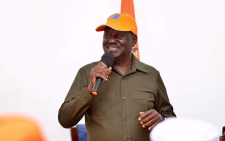Why an inquest into Shakahola deaths is necessary
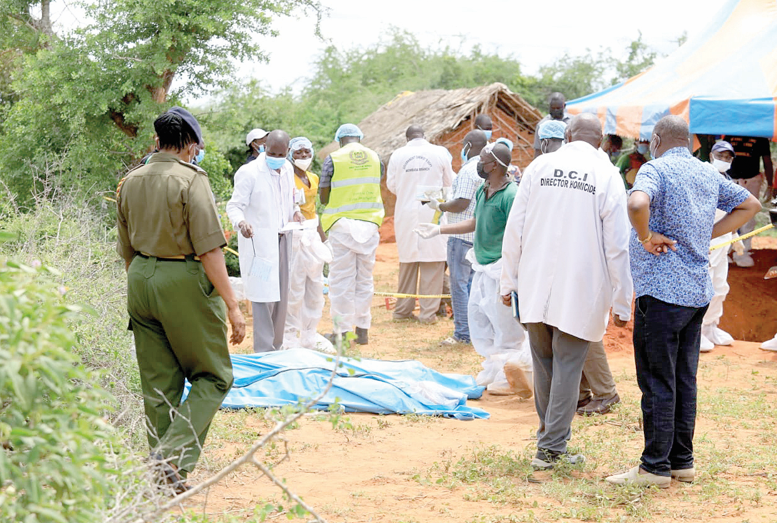
The palpable emotions that marked the release of identified bodies of victims of what has become known in Kenya as “Shakahola massacre” brought some sense of closure to families of those who lost their loved ones in what is clearly an archetypal exploitation and abuse of religious freedom in Kenya.
Shakahola massacre refers to a mind-boggling incident that came to the limelight in the early weeks of April 2023 when a man reported to the police that his wife and daughter who had left Nairobi to join Good News International Ministries of Pastor Paul Nthenge Mackenzie in Kilifi County did not return.
When the police finally launched investigations into the matter, they discovered ghastly scenes of emaciated people and shallow graves in the forest. Fifteen members of the religious group rescued from the jaws death said they had been made to believe that if they starved themselves to death, they would be able to meet Jesus Christ face-to-face.
Those rescued were already in withered and pitiable conditions, and four of them died even before they could reach a hospital.
And just as they had been subjected to slow and painful death, it has been a full calendar year of an equally slow exhumation process of bodies from shallow graves.
By the time the government halted the exhumation process, 429 bodies recovered from the forest, 191 of them children, were lying at the Malindi Sub-county Hospital.
According to testimonies to the police, Mackenzie told his followers “the fast would count only if they gathered together in his farm as the fasting venue. They were not to mingle with anyone from the ‘outside’ world if they wanted to go to heaven. They were also to destroy all documents, including national identity cards and birth certificates.
Given that no identification documents were found at the graves, and the circumstances under which their remains had been interred that had accelerated decomposition beyond recognition, it was the turn of Chief Government pathologist Johansen Oduor to begin an equally slow process of identification.
With the Kenya Red Cross Society at hand to assist with mobilization and compilation of reports, DNA materials were extracted from individuals who had filed reports of family members associated with the sect and had not been accounted for. As of August 2, 2023, the number of associates reported missing stood at 613.
With the government instructing its crime scene teams to make final checks at the Shakahola Forest to ensure the exhumation process is professionally closed, there are signs that more bodies in their hundreds will be recovered if the reported 613 missing is anything to go by.
The government has also pledged assistance to families of the cult victims who may be in need to bury their loved ones, and to acquire parts of the Chakama Ranch where Mackenzie carried out most of his extremist activities and build a memorial in remembrance of the victims.
But other than Pastor Mackenzie, who has since been charged with the offence alongside his coconspirators, there is need to reflect a little more widely with a view to establishing who else may have aided in the execution of his nefarious, perverse and criminal intentions that led to such a massive loss of life in the name of religion.
In the aftermath of the utter magnitude of the massacre, the Senate established a committee to investigate the proliferation of religious organisations in Kenya, and the circumstances that led to 110 deaths confirmed at the time in Shakahola.
While investigations are important because there could be more cult leaders like Mackenzie, there should be a thorough inquiry into the circumstances that led to the deaths.
During the Senate Ad Hoc Committee hearings, Interior Cabinet Secretary Kithure Kindiki was accused of shielding police officers who may have looked the other way as reports of suspected extremist activities by Mackenzie’s religious organisation were made.
While addressing a religious summit in Kazakhstan on 14 September 2022, Pope Francis cautioned against leveraging religion for political power. In the period leading to the August 2022 elections in Kenya, there were concerns of abuse of religion to woo voters.
—The author is the Executive Director of the Kenya National Civil Society Centre
—suba_churchill@yahoo.com
